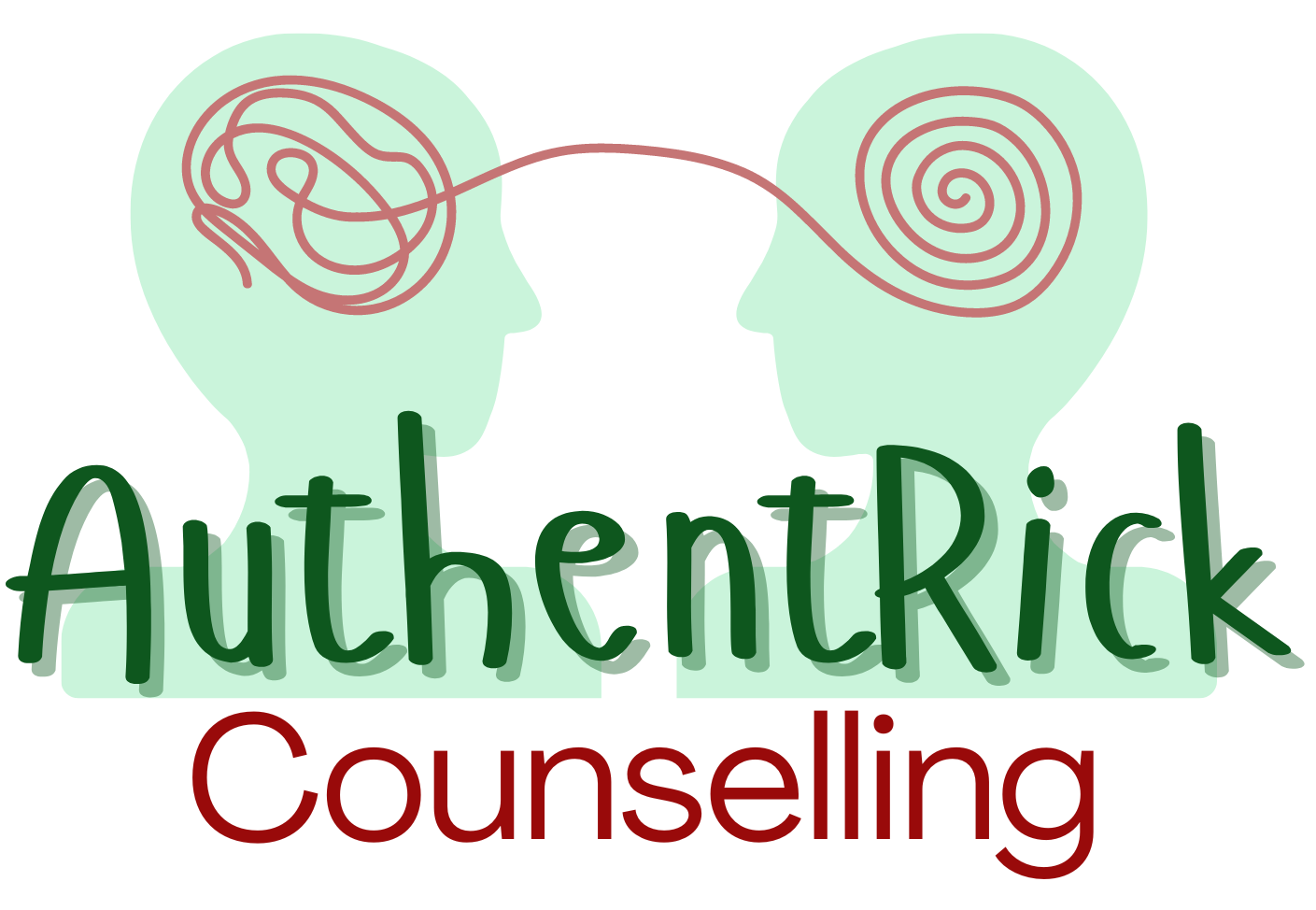The Therapist Poetry Podcast
Subscribe to our YouTube
Ricky:
Hello, Lisa, and welcome to Healing Through Poetry. Could you tell us a little bit about yourself and provide some background on the poem you’re about to read?
Lisa:
Yep. So I’m an integrative counselor, but I work quite closely with creative therapies as well. In my practice, I do a lot of creative and therapeutic work. Mostly, I focus on therapeutic writing, which I find really helpful. I work with both neurodivergent and neurotypical people, but at the moment, I’m primarily working with neurodivergent individuals. The poem I’ve written is a bit about love and loss and exploring the process, really. I think the process of losing someone can be very long, so this poem explores that—love and loss when we lose someone.
Ricky:
Okay, well, I’m really looking forward to hearing it. Over to you.
Lisa:
Thank you.
Poem by Lisa:
I am at peace among wonders greater than myself,
The oceans, the forests, and the mountain peaks,
The moon, the sun, and the endless white skies.
You see, my dad had MND.
You know how the story ends.
Death does not lie.
The what-ifs and the maybes,
On the day of Dad’s death,
I kept being a half-glass-full kind of girl.
I’m not sure if there’s a choice.
Perhaps I had to be.
Years go by. People come, and people go.
Google thinks perhaps I’m damaged goods.
So, as you can imagine,
My destiny sounds rather bleak.
But then there are moments like tonight,
Walking in the rain,
Where my narrative has changed.
Lit up by the sun,
I keep stepping forward into unknown rainbows,
And I am reminded that Dad is free,
And that love and loss are greater than me.
For I am at peace among wonders greater than myself,
The oceans, the forests, and the mountain peaks,
The moon, the sun, and the endless white skies.
You see, I’m a half-glass-filled kind of girl.
I’m not sure if it was a choice.
Perhaps I’ve always had to be.
Ricky:
Thank you so much for sharing, Lisa, and sharing your story about your dad as well. I just wanted to give you the opportunity to maybe explain what that poem means to you from a perspective beyond just the words.
Lisa:
I think the wonderful thing about therapeutic writing and the healing properties of poetry is that there is no judgment. On paper, there’s no judgment, no hidden agendas. Nobody can influence it. It’s a complete, trusting relationship with oneself and the piece of paper. You can be completely true to that. Sometimes it takes people a bit of time to trust the paper, to trust that it can hold them and trust in their own voice. But I think the more we practice it, the stronger it gets, and it’s a wonderful companion throughout life because it’s always consistent. It’s always there, and it has no judgments on us. It’s unconditional love all the time.
So, that’s about love and loss. But everyone has their own life stories and challenges, as we all do in life. We all continuously face hurdles in life that we need to jump over. But therapeutic writing supports us through that.
Ricky:
Yeah, it gives you the opportunity to speak straight from your heart, without any of the background noise that might come from social media or whatever worries we may have. It really allows you to release what you’re feeling.
Lisa:
Definitely. It helps us hear our true voices. I work with women with ADHD, and I have ADHD myself, so we tend to take in everything. We have multiple things going on at once. But there’s something very simple and clear when we express ourselves through poetry. It’s just us, and all the other noise fades away.
Ricky:
Yeah, it’s quiet.
Lisa:
Yeah, exactly. It’s quiet.
Ricky:
Thank you so much for coming on today and sharing your poem with everyone. I really appreciate it.
Lisa:
Oh, thank you, Ricky. Thanks ever so much.
Ricky:
Thank you. Bye.
Lisa:
Thank you, bye.
